|
It may not be T&T's national dish, but it's still a local favourite.
For this week's Sunday Luch, we feature a Breadfruit Oil Down Recipe from Massy Stores Trinidad. 1/2 lb salted pigtail, cut into 2-inch pieces 1 green hot pepper (whole) 1 onion, chopped small 1 bunch chives, chopped small 2 cloves garlic, crushed 1 leaf chadon beni, cut up finely 2 1/2 cups dasheen bush leaves, chopped (discard stalks) 1/2 cup pumpkin, cubed 4 okra, chopped salt, if necessary thick coconut milk (preferably freshly made, but unsweetened canned or frozen can be used too) Directions 1. Boil salted pigtail in water until soft, then discard that water. 2. Peel and seed breadfruit and cut into wedges of about 1 1/2 inch thick, lengthwise. Add breadfruit to boiled pigtail and cover with 1 cup of water. 3. Add 2 cups of coconut cream, then chive, onion, chadon beni, garlic, and whole green hot pepper. Add salt if necessary. 4. Boil until liquid has b(oiled) down, reduced, and the breadfruit is soft, but not falling apart. 5. Serve hot. Source: The Loop, August 2019
0 Comments
Pumpkin is a highly nutritious fruit that grows on a plant, also called pumpkin, that is native to North America.
It is rich in vitamins and minerals but low in calories. Pumpkin seeds, leaves, and juices are all healthy to consume. Pumpkins are filled with potassium which make them very good for persons suffering from high blood pressure. Increased potassium intake is also associated with a reduced risk of stroke, protection against loss of muscle mass, and preservation of bone mineral density. Also among the fantastic health benefits of pumpkins, is the fact that the fruit is one of the best-known sources of beta-carotene, a powerful antioxidant. Consuming foods rich in beta-carotene may reduce the risk of developing certain types of cancer, offer protection against asthma and heart disease, and delay aging and body degeneration. Specifically, recent research has suggested a positive relationship between a diet rich in beta-carotene and a reduced risk of prostate cancer. Beta-carotene has also been shown to hold back the development of colon cancer. Pumpkins are also a powerful source of fibre, which slows the rate of sugar absorption into the blood, as well as promote regular bowel movements and smooth digestion. A healthful fibre intake can also help reduce the risk of colon cancer. Source: The Loop, August, 2019 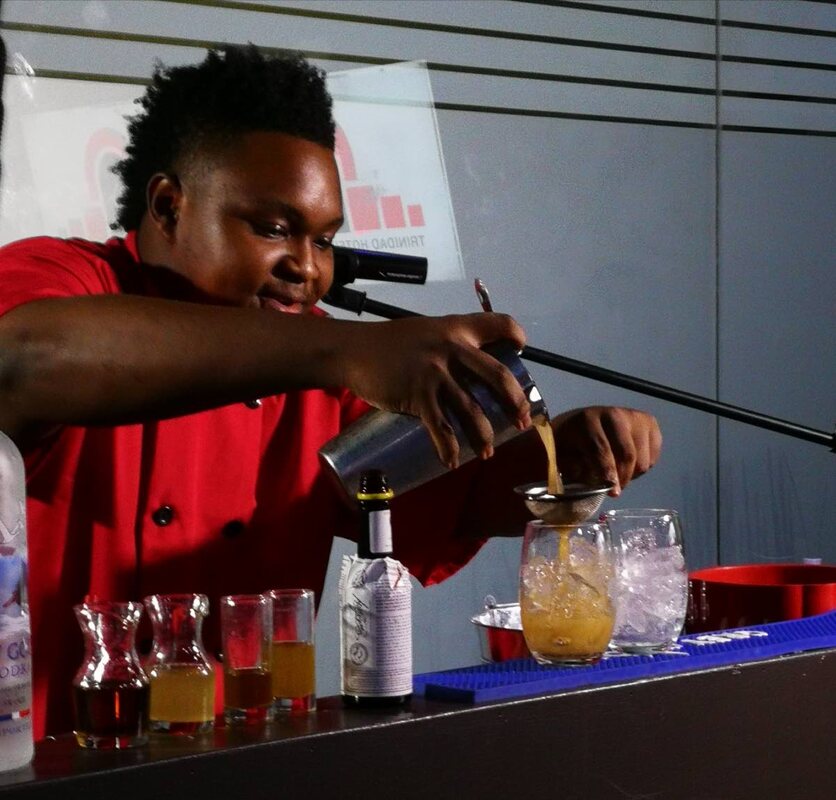 Members of the 2019 National Culinary Team, who took part in the Taste of the Caribbean competition in Miami that ended last evening took away gold, silver and bronze medals in individual categories, and a silver in the team category. TT’s junior chef Jodi Eversley, topped her category for the gold while pastry chef Keenan Lezama copped a bronze medal. Mixologist Isaiah Trumpet, who competed in four categories won silver for his non-alcoholic beverage, due to his age (19), he was restricted from tasting any of his cocktails during the entire competition based on US law. Notwithstanding, Isaiah won the gold medal in the Best Non-Alcoholic cocktail and a silver medal for his overall bartender performance. On top of that, Team TT won the silver medal in the Team of the Year competition. The team was led by team captain Jeremy Lovell, who is also the chef at Courtyard by Marriott, and also included senior chefs Shonelle Greenidge and Gerard Cox, who together with the winners are all students from the TTHospitality and Tourism Institute (TTHTI). It was the first time TT fielded a team of students to compete against seasoned and professional chefs and mixologists from the rest of the Caribbean. The team itself prepared for the judges, an appetiser - soused shrimp nestled on sour pickled peppers, pepper pumpkin line with chive emulsion, lemon zest pan seared shrimp on top charred corn & eggplant, sweet pimento sauce garnished with cayenne dusted corals. Then came the entree - pulled brisket infused with bayleaf Trinbago BBQ sauce, roasted garlic/geera chicken roulade on spicy tomato coulis, local provision & polenta pudding topped with carrot chutney, Angostura aromatic bitters coconut infused carrot curve ending with cheesy vegetable fondue. And for dessert - sweet potato sponge layered with curry mousse, tamarind marsala jelly, topped with saffron and cinnamon creme fraiche, nutmeg macaroon sticks, sweet mango pull, bandania air and amchar fruit, fresh thyme crumble and candied beetroot gastrique. Source: Newsday, June 26, 2019 Representatives of Tourism Trinidad Limited gathered at the Residence, One Woodbrook Place last Monday to extend their good wishes to the 2019 National Culinary Team. The team left Trinidad on Thursday to participate in the Taste of the Caribbean competition carded for tomorrow in Miami.
Led by Captain Jeremy Lovell, the team comprises senior chefs Shonelle Greenidge and Gerard Cox, junior chef Jodi Eversley, pastry chef Keenan Lezama and bartender/mixologist, Isaiah Trumpet—all currently enrolled students at Trinidad and Tobago Hospitality and Tourism Institute (TTHTI). "This is the first all-student national culinary team that Trinidad has ever sent abroad to the competition," said Brian Frontin, CEO, Trinidad Hotels, Restaurants & Tourism Association (THRTA). Frontin said the decision to send an all-student team came about when they recognised that over 95 per cent of all former team members had graduated from the TTHTI over the past 20 years. Frontin said he sees this as a pilot project that will provide the stimulus and justification for Trinidad to host an inter-school regional and international culinary competition—a junior version of the competition next year, and indicated that organisers of Taste of the Caribbean in Miami have already agreed to hold discussions on this proposal. Frontin added, "Hosting this competition in Trinidad has the ability to positively impact our tourist arrivals, increase destination awareness and presents an amazing opportunity and platform to promote culinary tourism and display our world-class talent." Camille Campbell, CEO, Tourism Trinidad, pledged her company's support to the team and said, "This is a unique opportunity for these students to showcase their talent on a world stage and demonstrate their discipline, commitment, and culinary skills. Tourism Trinidad is proud to support this initiative and look forward to the country's hosting of the 2020 competition." A release from Tourism Trinidad stated that over the past eight weeks, the team has been diligently practicing their craft and hosting 'sold out' Monday night dinners at the Residence, One Woodbrook Place, where they have been fine-tuning their skills in preparation for the competition. "We have the fullest confidence in the team's ability to make us proud and bring home the gold," added Campbell. Source: Guardian, June 2019 They're small, they're fuzzy, and they're the '
But did you know the typical yellow-and-black honey bee isn't originally from Trinidad and Tobago? Here are eight things to know about bees in Trinidad and Tobago in commemoration of World Bee Day, celebrated on May 20, courtesy pollination ecologist Lena Dempewolf. 1. Some honey bees are 'douglarised' bees Honey bees used in most commercial hives aren't local but are called 'Africanised' bees. That's because they are a hybrid of European and African honey bees, both of which were imported. Some beekeepers have jokingly referred to this hybrid as a 'douglarised' bee, in reference to Trinidad and Tobago's diverse ethnic culture. 2. Some native bees don't have hives, or a queen Many native bees don't have hives but are solitary bees working alone to pollinate local plants. Solitary bees don't have hives and don't produce honey. They often make nests in the ground in order to reproduce and are critical for pollination as they are better adapted for pollination of local plants. 3. Not all bees can sting you There are nine species of ‘stingless’ bees that do have hives and a queen and produce honey. Stingless bees are used to produce honey for commercial and medicinal purposes and are more effective than imported bees at pollinating local plants. 4. Trinidad and Tobago's secret to award-winning honey? Diversification Trinidad and Tobago once won global awards for its honey. However In 2001, the EU enforced the submission of a residue monitoring plan from all third countries (non-EU countries) wishing to export honey into the European Union. Because of the lack of local testing facilities and costs associated with attaining certification abroad, beekeepers in Trinidad and Tobago have been unable to participate in the NHS and export their honey since 2001. The wide range of flowering plants is what contributes to the unique taste of Trinidad and Tobago's honey. Destroying local forests would have an effect on the taste of local honey if bees are unable to access the diverse range of plants they did previously. 5. Pesticides have been found in honey Studies in Europe have shown that low levels of pesticides have been found in honey, however in Trinidad and Tobago, no studies have been done to confirm this in local honey. However, pesticides are a continuous problem for imported and native bees, which are vulnerable to these toxins and can even be killed by them. Dempewolf says if bees happen to forage on flowers covered in pesticides, it might make its way into honey, however, it's at low enough levels that it's been proven (so far) to be safe for human consumption. Many beekeepers are careful to keep their hives away from agricultural fields, however, Africanised honey bees may range quite far in order to find nectar and may go into farmlands where pesticides are used. 6. No bees = no crops Although honey is important, the most important bees aren’t honey bees but native bees. Native bees are also more specialised for pollinating local plants. “It’s like a lock and key, the shape of the bee matches the shape of the flower, so they can properly get in there to deposit the pollen,” Dempewolf said. By contrast, although prized for honey production, Africanised bees are not as effective in pollinating local crops. Therefore the food we enjoy in local markets depends on the survival of our native bees. 7. Climate change is affecting local bees Climate change is affecting food production worldwide, however in Trinidad and Tobago, extreme weather changes can also affect bees' survival. During extreme dry seasons such as that experienced in 2019, there's the likelihood of more forest fires. Africanised bees are more adaptable in that they often move their queen and relocate to a safer spot. Hence the reason one may often see a migrating beehive perched on a branch or other random location. However native bees are unable to move their hives due to the large size of their queen, and often perish in forest fires. Dempewolf says solitary bees are slightly more mobile but they lay their eggs in bits of logs and other plants in the forest, which can also be destroyed by forest fires. Likewise, during the rainy season, heavier showers can also affect bees and by extension food production. "Bees generally don’t go out during wet weather…it can also wash the nectar out of flowers, so heavy flooding means less pollination," she said. There's also the problem of loss of habitat due to things such as logging, forest fires, housing developments and unsustainable agriculture, where farmers cut down all vegetation, leaving only one crop. 8. Bee competition Dempewolf said there is the element of imported bees crowding out native bees amidst competition for space and nectar - imported bees tend to ‘bully’ local bees out of spaces for hives, however, this comes down to proper management. Imported bees, however, have been a part of the local ecosystem for quite some time and have learned to coexist with native species, however there remains competition for plants and flowers. Source: The Loop, May 2019 Young farmer Omari Cox tends to his lettuce garden on Friday at Store Bay Local Road. y the time he was nine, Omari Cox knew he wanted to be a farmer. Now 17, he recalled during his first term at the Scarborough Secondary School, when students were asked about their career choices, some of his peers urged him to find a more sustainable career path as a doctor, lawyer or engineer. “I said I want to be a farmer and they laughed,” he told Newsday at his Store Bay Local Road home on Friday. “The boys in the class even asked why I was settling for so low. Even in fifth form, they were talking about when we finish school who would be migrating, who would study law. But I maintain that I like agriculture and I would continue to do what I like. “Everybody tends to look down on farming because they see it as a degrading job. Nobody really wants to call himself a farmer. But in reality, a farmer is one of the most important people in society because they are the ones who provide a lot of home-grown products for the market and grocery shelves.” The shy Cox said he is working on quite an ambitious task: “I want to continue to provide food for the nation.” Cox, who is currently sitting the Caribbean Secondary Education Certificate (CSEC) examinations, said before moving to Store Bay Local Road, he lived in Calder Hall, where he grew a small bed of 48 lettuce. “While attending primary school, we had a school project where we would sow red beans in a Styrofoam cup and allow it to grow. I was amazed at how healthy mine came (out), and from since then I was enthused by the agricultural field. From then I began doing plants in cup… it was plants like cucumber… I used to just experiment.” A woman in Calder Hall suggested he try lettuce and he did. “I remember the first time I tried my hand at this lettuce, they came so big and that encouraged me to push forward. “My grandfather, he has been doing farming for a very long time, his drive pushed me, and I asked about it one day and he said it’s the care and handling. I told my grandfather of how serious I was, and he started taking me to the market with him and he also granted me two beds to try my hand.” His grandfather is entrepreneur and hotelier Sylvan Rollocks. Cox said farming is both rewarding and satisfying “because I make great profit, and satisfying because I get to do something I love every single day.” The young farmer wakes up early to tend to his plants before heading for school. When he gets home from school, he repeats the process. “I plant the plants, make sure they get water, or they don’t get too much water. I also have to make sure insects such as mole crickets and bachacs don’t cut the plants, because if they do, they will die. Also, I have to make sure they get the proper nutrients.” Asked to describe his work, Cox said: “I would say it’s exciting. It’s very exciting because…I just love working in the garden.” He sells to both retail and wholesale clients. “I supply a number of hotels, guest houses and a few vegetable marts. They said that they have lettuce that they buy which is usually bitter and they admire my quality…Irrigation is very important in planting lettuce,” So he wants to invest in water tanks, especially as there is a scarcity of water. Cox said after his exams, he intends to delve further into the field. “I really enjoy doing this. It’s fun, I love to see my plants grow – the fruits of my labour. “I want to do it full time. There are people who do things for the money, but agriculture is my passion. When you do things for the money, you really don’t enjoy what you do, but for me, I want to enjoy what I do, and agriculture is what I love.” His plan is to open an organic mart. He said many people have tried to discourage him in the past, but he sticks to the principle set by his mother, Lois Rollocks-Stewart, “Do what you love.”. Lois Rollocks-Stewart, right, smiles as she is hugged by her son Omari Cox, 17, who is distinguishing himelf as a lettuce farmer. Rollocks-Stewart said: “There is money in agriculture, people have to eat. Once you put your mind to it, he will make it. And I am already seeing it. Everybody knows him as ‘the lettuce boy’ – he has already established a name for himself.”
She said her son is passionate about farming. “It is from dust to dawn with Omari. He’s up and about all the time. He’s not a party guy. His recreation really is his garden. He not going on no football field. “When he comes from school, he has his lettuce and them to tend to. He would take his bicycle and go down the road from house to house and sell his lettuce. Regardless they say yes or no, he would go from house to house,” the proud mother said. Source: Newsday, May 29, 2019 Clink on this link for the full list and some links to recipes.
Harold and Parbatie Boodoo show their 21-inch prized ochro, which they grow in their backyard garden at Temple Street, Duncan Village, San Fernando The ochroes growing in the backyard of Harold and Parbatie Boodoo have again grown to extraordinary lengths.
The last time the Guardian Media highlighted their crop was in 2018 when the ochroes had grown to staggering 20 inches but now a year later, the ochroes have grown an inch longer. During an exclusive interview with Guardian Media, Parbatie said she was hoping that they could finally enter the Guinness World Book of Records. The last time the entry for an application was not possible as Parbatie had harvested the ochro. There is no record in the Guinness World Book of Records for the world longest ochro, also known as okra. However, research shows that a Malaysian woman grew an ochro to a length of 18 inches while Sudhish Kumar, of United Arab Emirates broke the Lima World Record with ochro measuring 16.3 inches. Parbatie said her daughter Kimberly Fung plans to make an application to the Guinness World Book of Records on their behalf. “We want to have an adjudicator come to our home at Temple Street, Duncan Village, San Fernando to view the ochroes. This is the first time the ochroes grew so long. It seems every time we plant they get longer and longer,” she said. Harold, 76, said he spends most of his time caring for his plants in his little backyard garden. “I talk to the plants a lot. Maybe that is why they grow so big,” Harold quipped. He said the only fertiliser he uses is Blaukorn. “I have the seeds. They are a variety of ochroes called Deerhorn but it is not usual for them to grow this big,” Harold said. He added that the few ochro trees in his yard produce more than two dozen ochroes each. “You know how much ochroes we gave away. It is amazing how much these few trees produce,” he added. The couple also said they wanted researchers from the University of the West Indies and the Ministry of Agriculture to visit their home and conduct tests to determine how the soil was so fertile. “This is normal sapatay clay. We don’t use any big set of fertiliser. There must be some reason why the crops come so good. I think there should be some testing,” Boodoo said. He also agreed to share some of his ochro seeds to the Ministry to do experiments. Source: Trinidad Guardian, April 2019 Toronto’s a city of many neighbourhoods and many nationalities, so finding that one oh-so-Toronto dish is an impossible task. We're asking some of the city’s top food folks about their favourite T.O. meals. Frank and Yang at La Limonada, in the basement of the Toronto Spiritualist Temple on College Street. Restaurateur Roger Yang didn’t always call himself a vegan. He was just a guy who decided he didn’t like eating animals or things produced by animals. Over the years, Yang has had to send many dishes back—not because he’s picky, but because for a long time restaurants just didn’t get the whole plant-based diet thing. He’s ordered cheese-less pizza, only for it to come with cheese. He’s ordered “vegetarian couscous” only to find out “vegetarian” meant meatless couscous…cooked in beef fat. “Now any restaurant worth its salt has at least a couple of vegan options,” says Yang who now owns three vegan restaurants: the upscale Awai (which does plant-based tasting menus) and its two casual younger siblings both called Away Kitchen (there’s one on College and another on Queen).
While renovating his College location, Yang stumbled across an A-frame sign on the sidewalk advertising something called La Limonada, which promised Trini doubles. He followed the arrow down an alley and into the side door of a church, which led into a basement hall where Yang found Jane Frank selling her West Indian dishes. Yang started visiting her kitchen three times a week for doubles and corn soup. “It’s kind of like a secret club,” says Yang. Frank says that only adventurous people end up finding her wee restaurant. Back then, La Limonada wasn’t fully vegan, but the doubles were. Then, last winter, the sign changed to read, “As of today, our menu will be holy vegan (pun intended).” Frank and her husband had embraced a plant-based lifestyle. The Trini doubles, though, never had to change. They’re still the same mix of chickpeas and tamarind sandwiched between two baras, fried flatbread popular in Trinidad. Frank worked on the recipe for her doubles over a few years. She’s a Muskoka girl, and there isn’t a huge West Indian community in Gravenhurst. She had to glean her recipe from Trinidadian grandmothers in Toronto. “I would corner them at the West Indian grocery stores and ask them how they make their doubles,” she says with a laugh, before adding that it took a whole lot of trial and error to perfect hers. She moved her business (which also sells freshly squeezed lemonade, thus the restaurant’s name) from a seasonal kiosk at David Pecaut Square into a church basement in 2016, after the city tried to hike her rent. The Toronto Spiritualist Temple was actually founded by Frank’s uncle, who has since passed away. She donates what she can to help the church, which recently installed a new roof and fire doors. The restaurant operates Wednesday through Saturday from noon to 7:30 p.m.—but not Sundays, because that’s when mass is held. On Sundays, after church, you can often find Frank enjoying a bagel and coffee—at Away, just a block east. Source: Toronto Life, March 2019 |
T&T news blogThe intent of this blog is to bring some news from home and other fun items. If you enjoy what you read, please leave us a comment.. Archives
July 2025
Categories
All
|




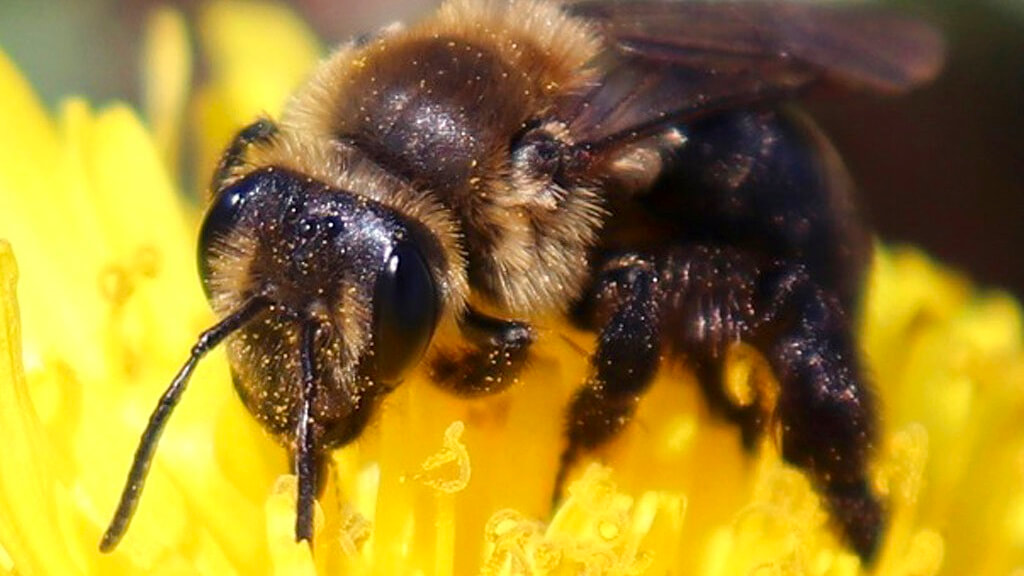
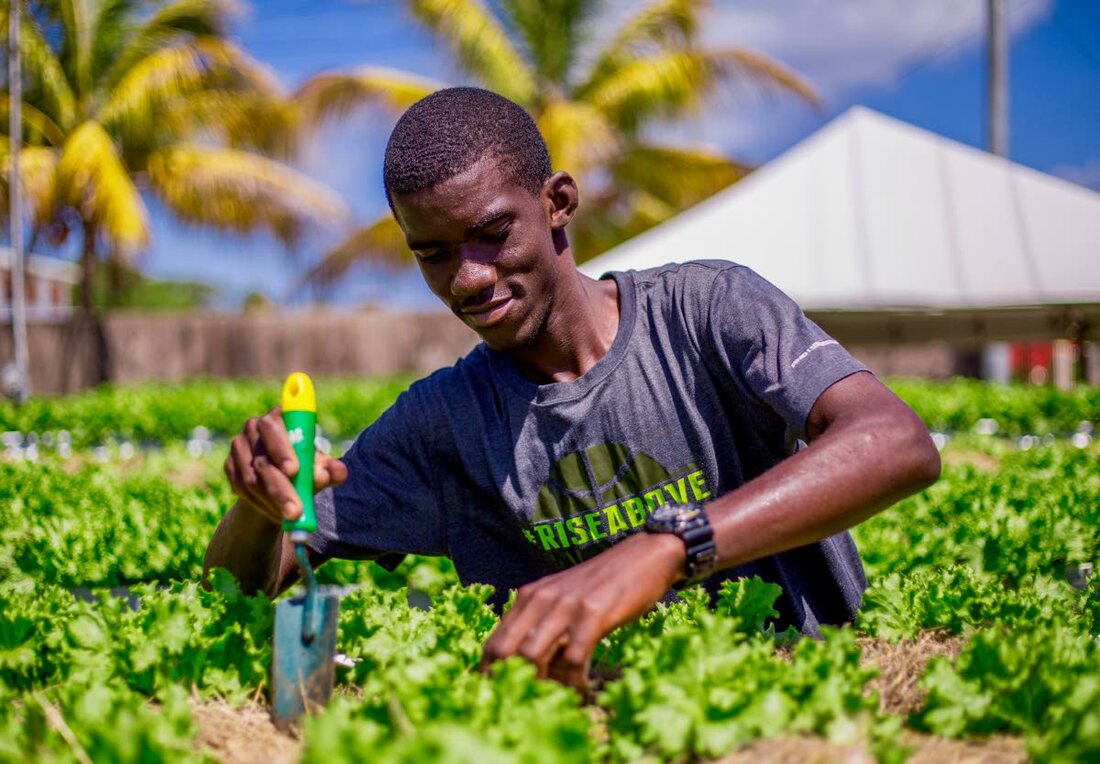

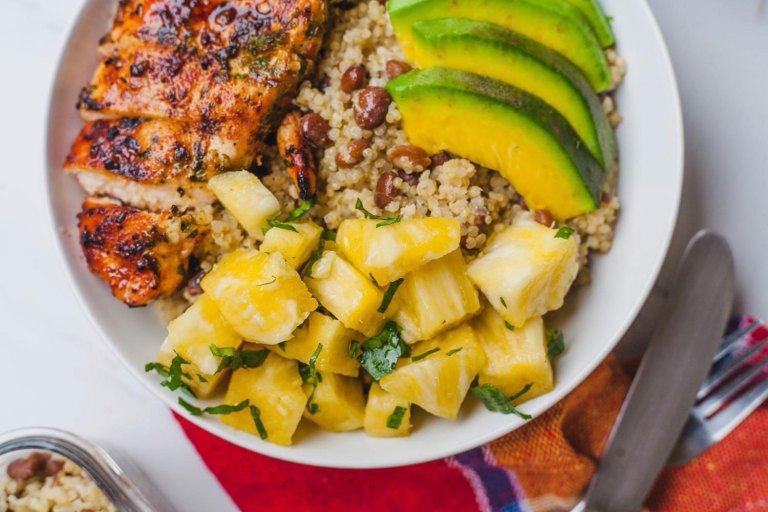

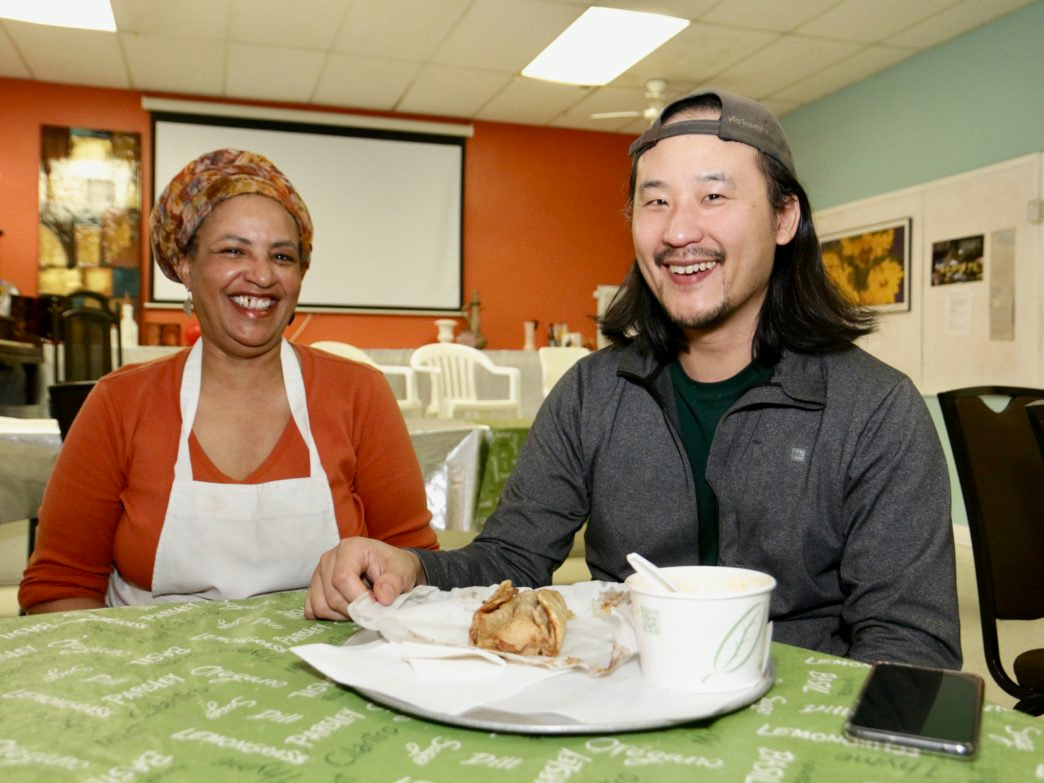

 RSS Feed
RSS Feed